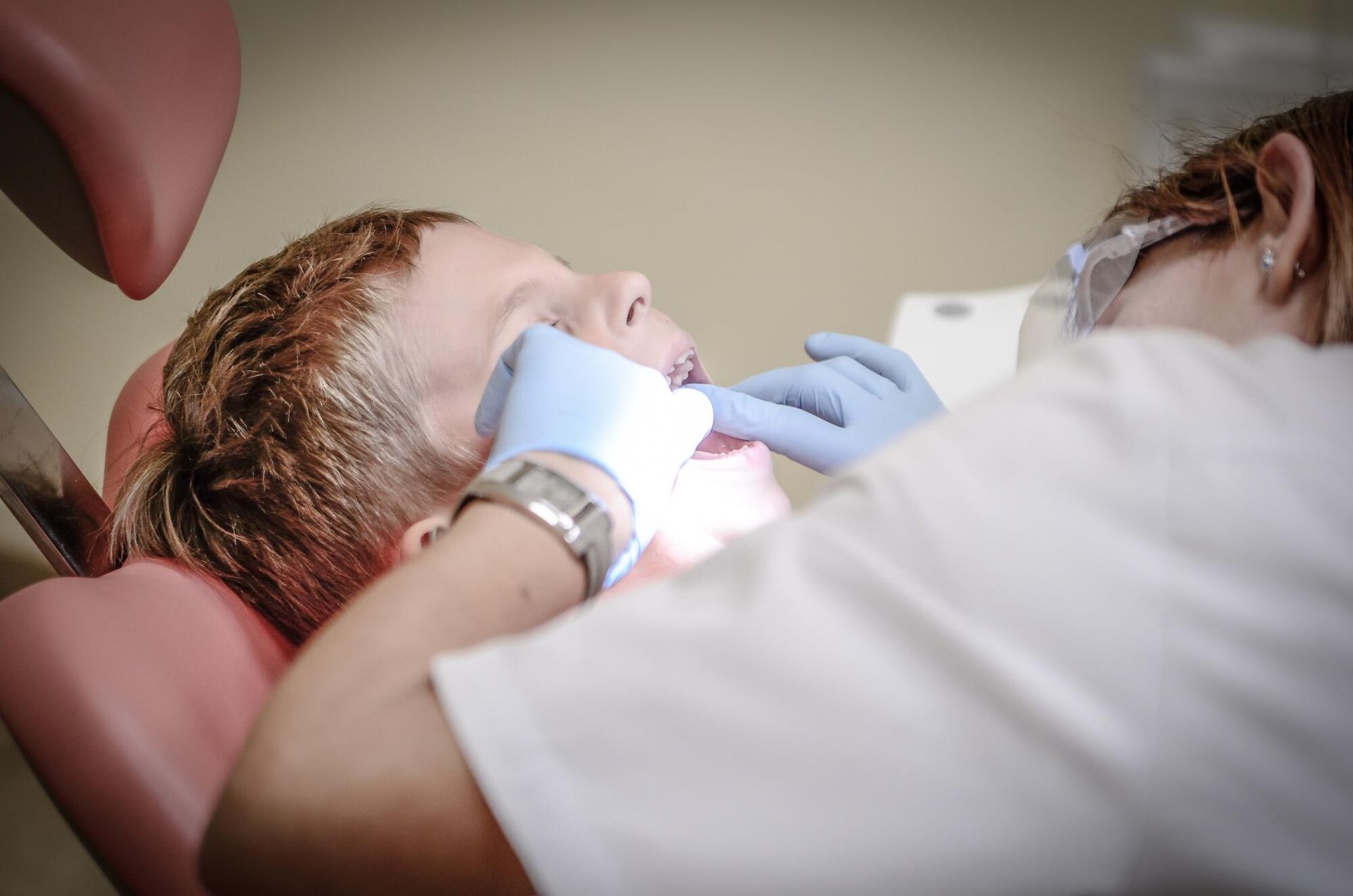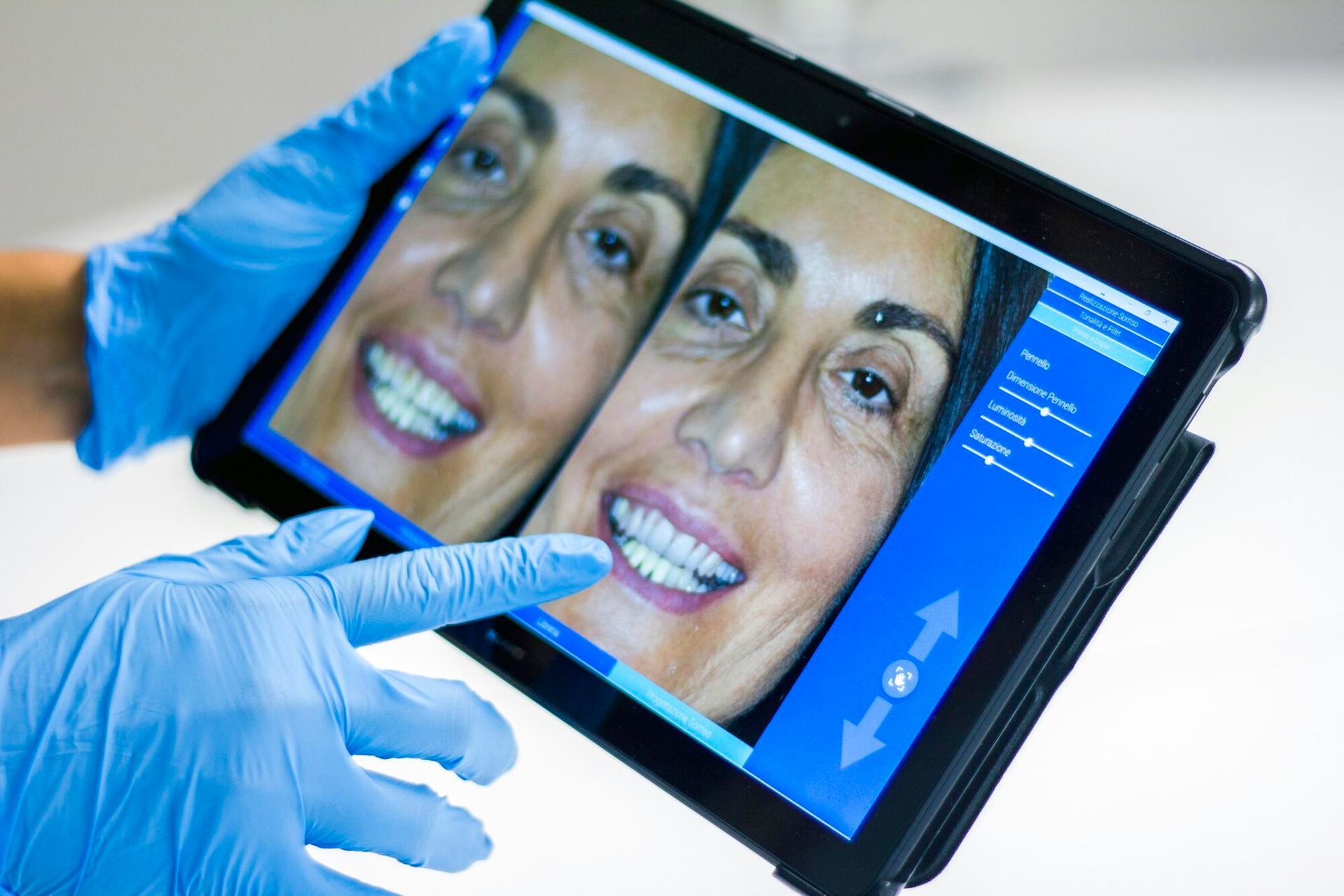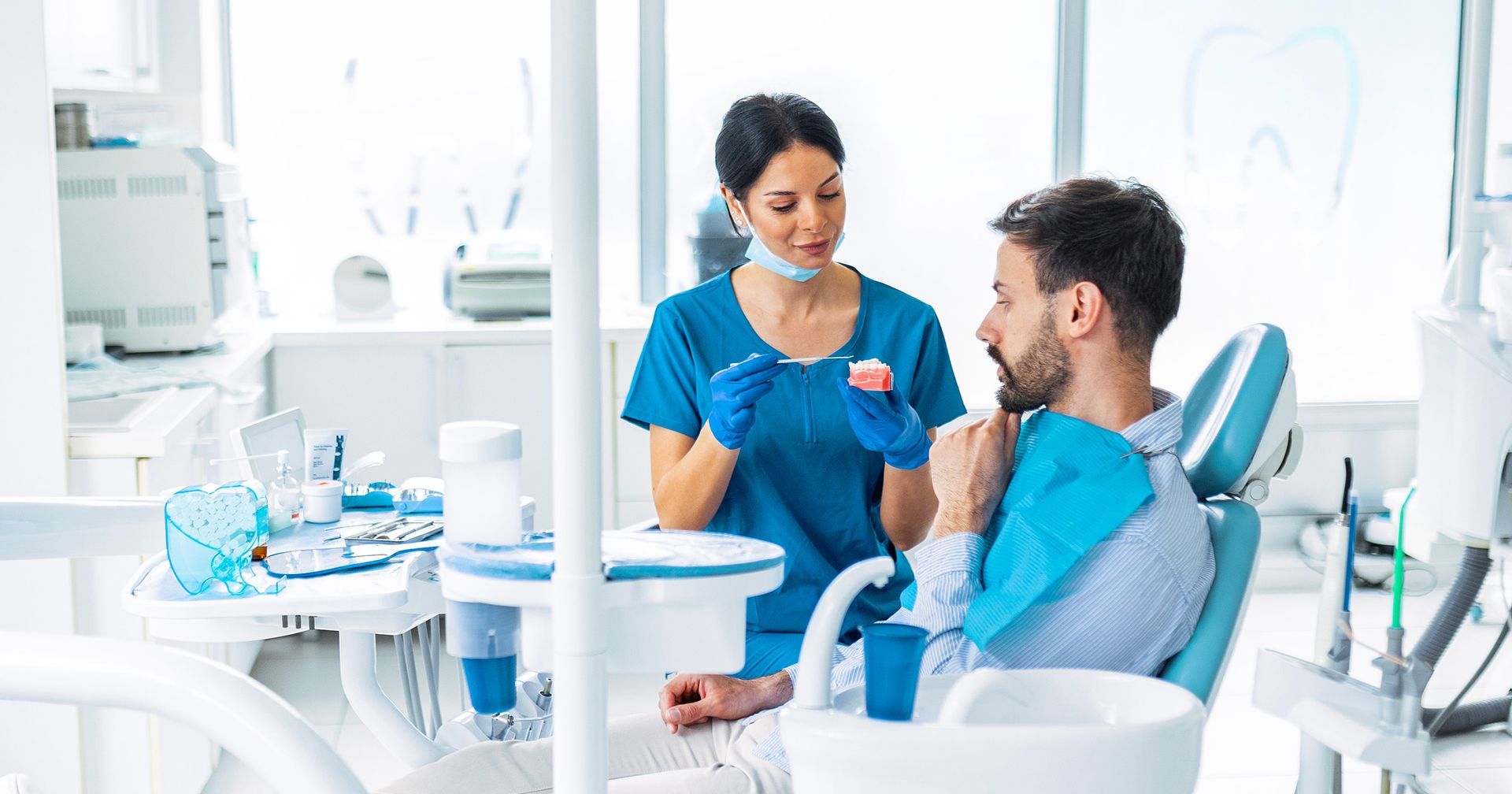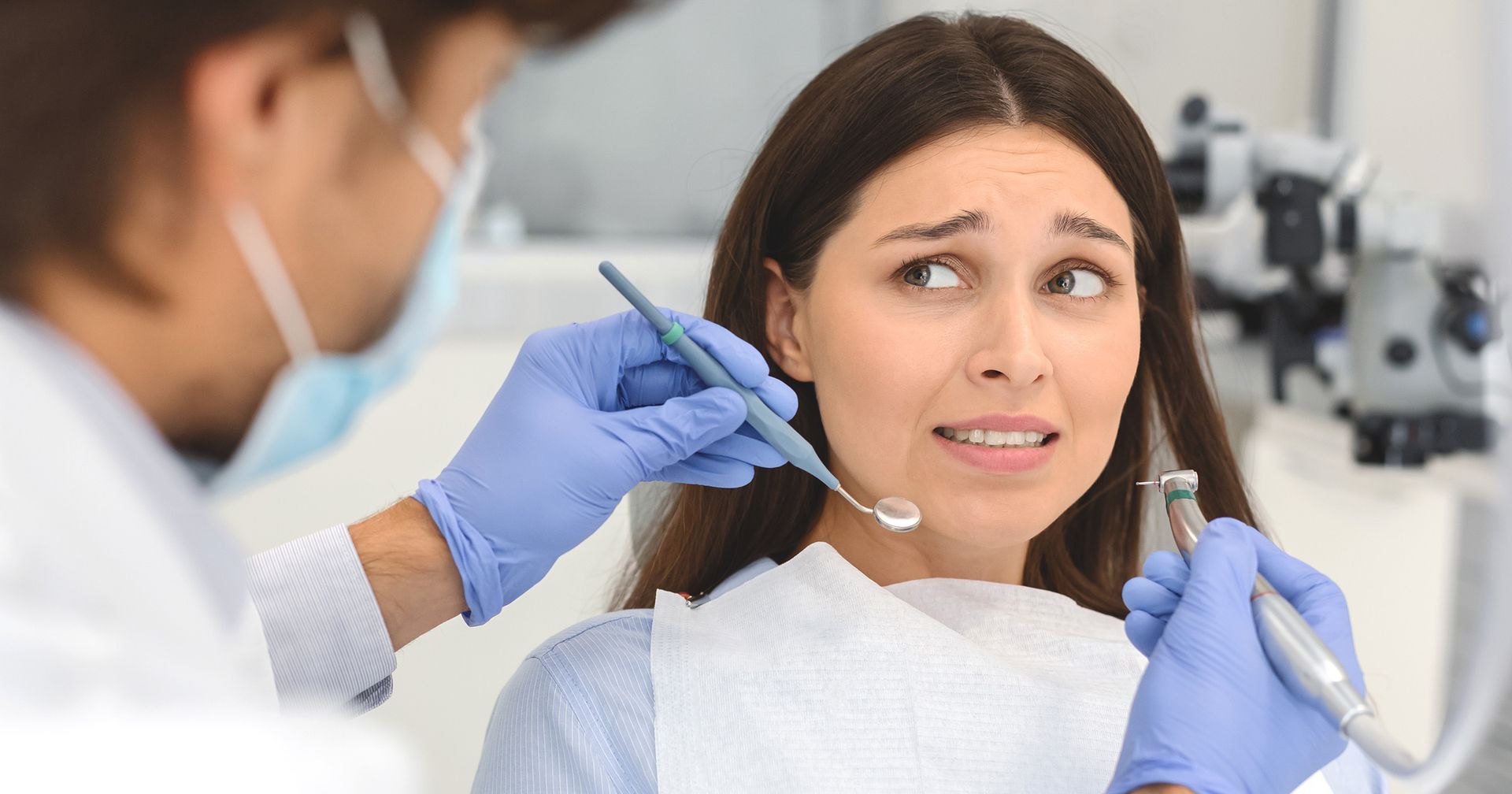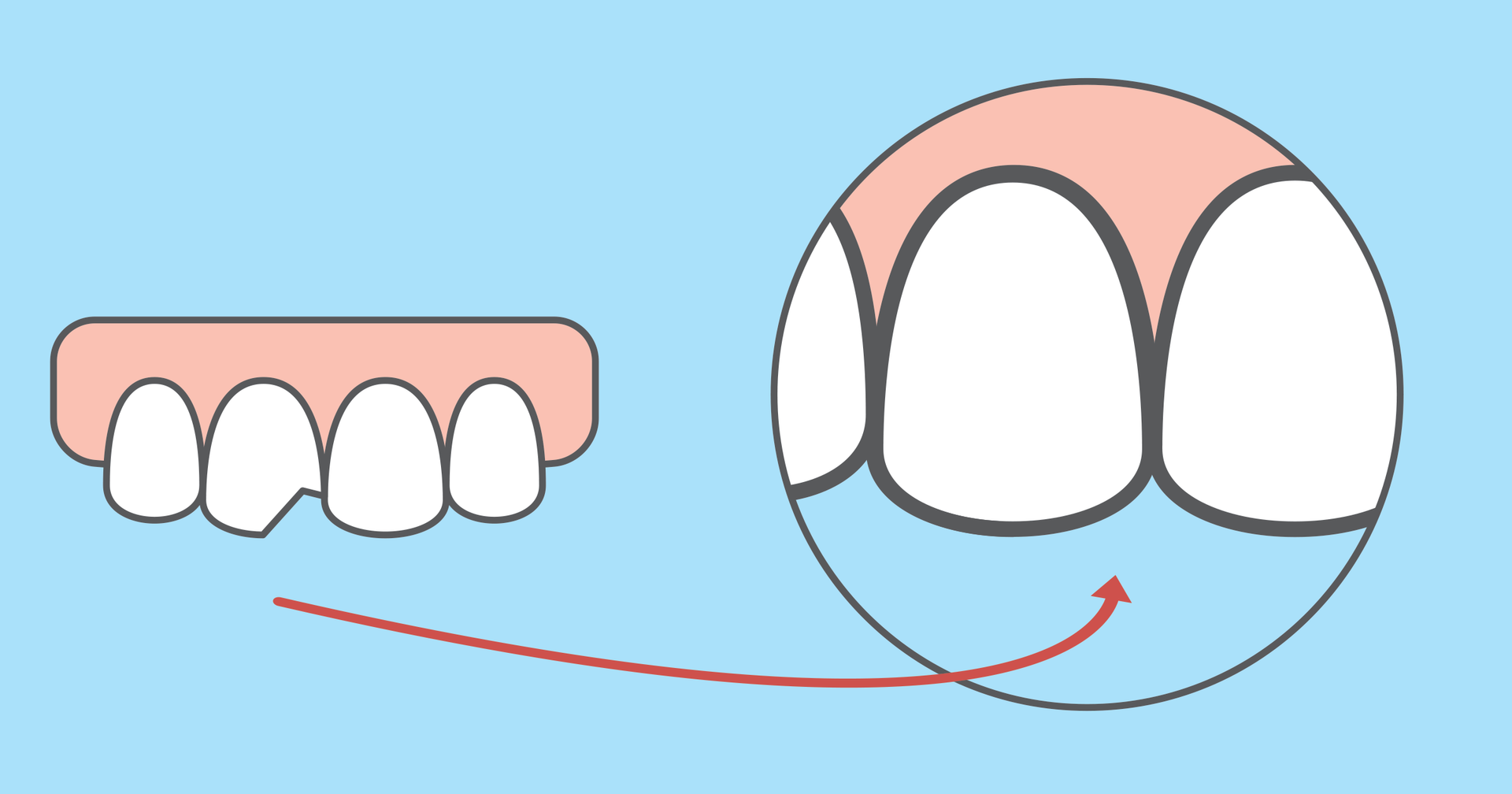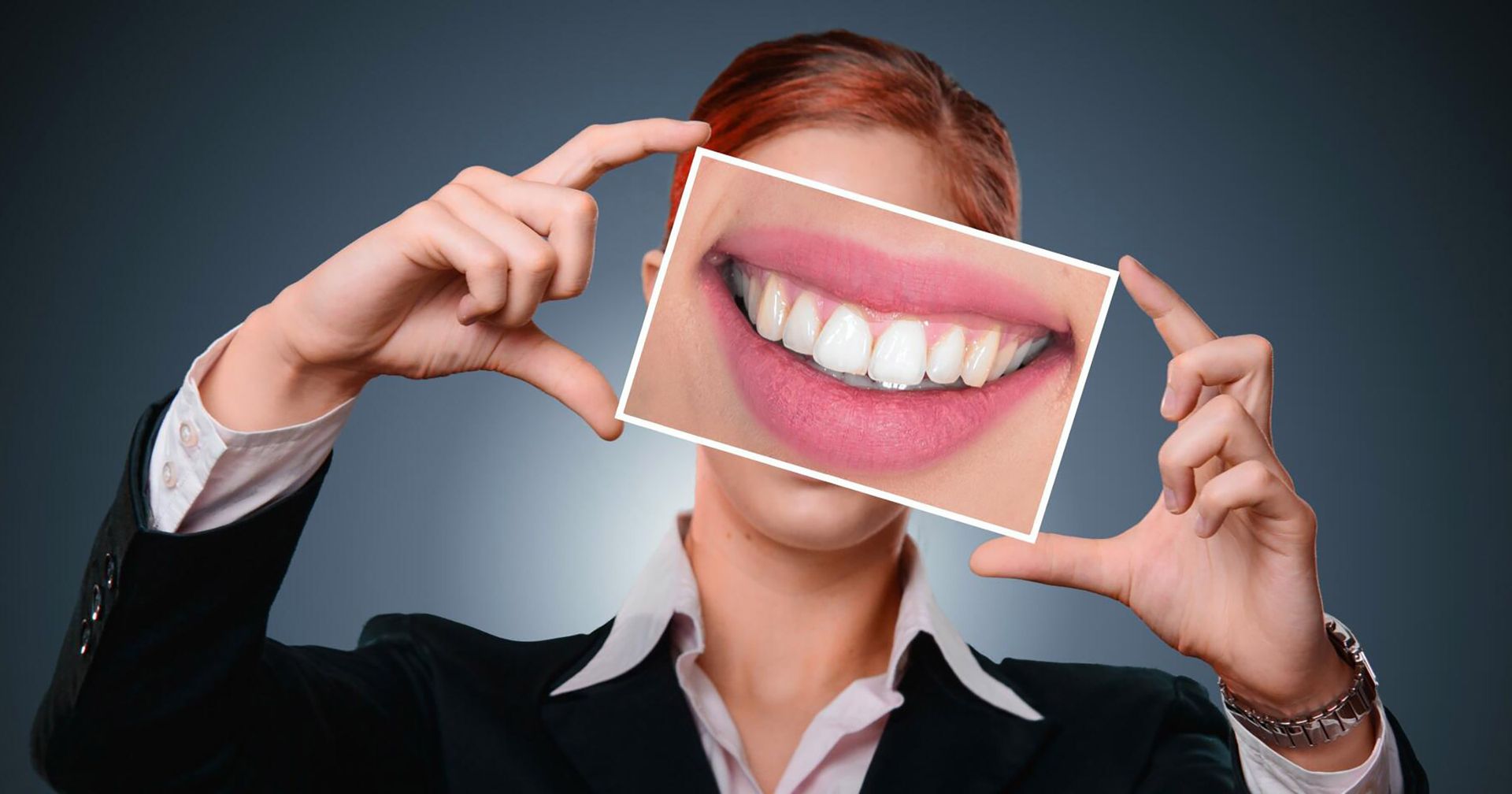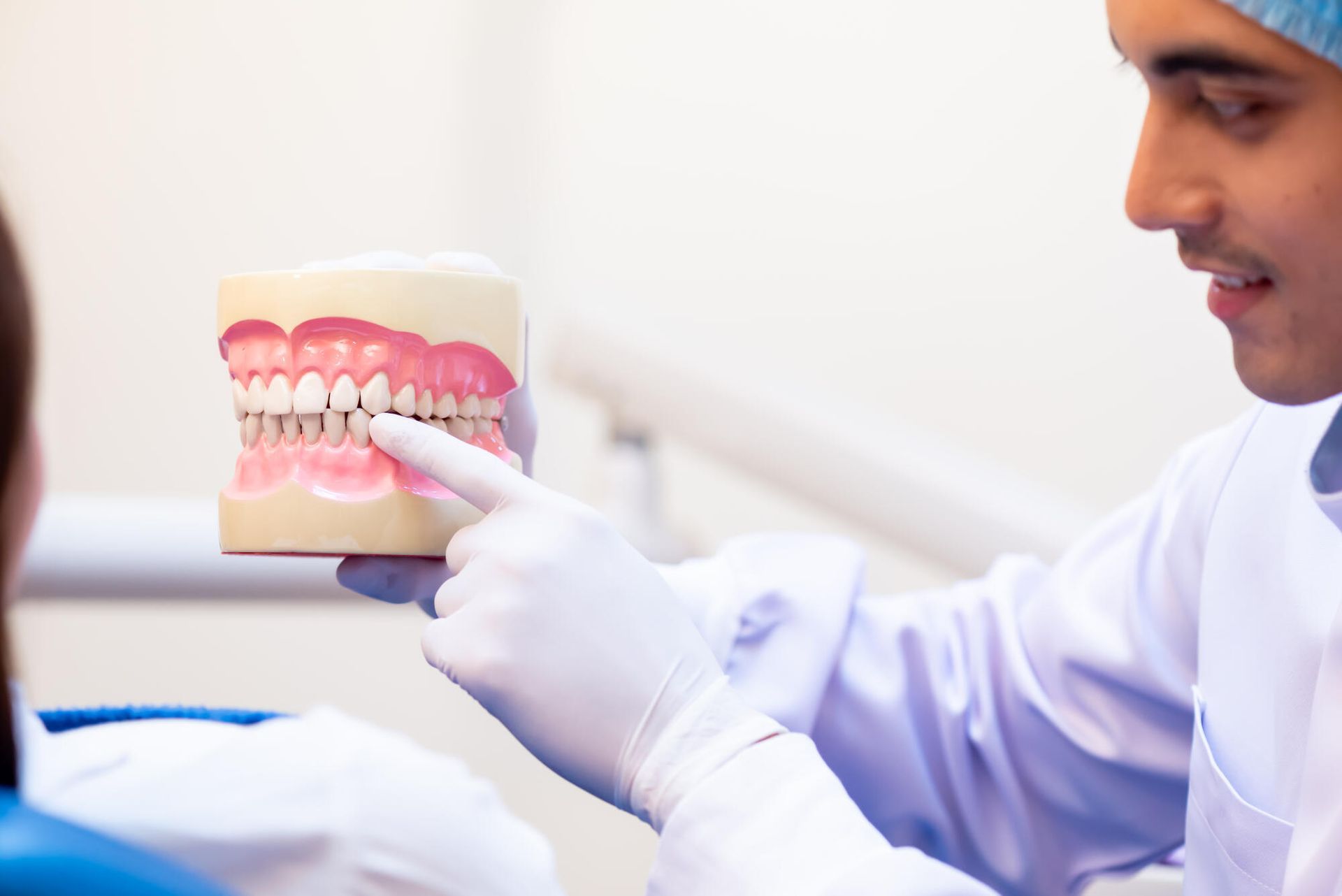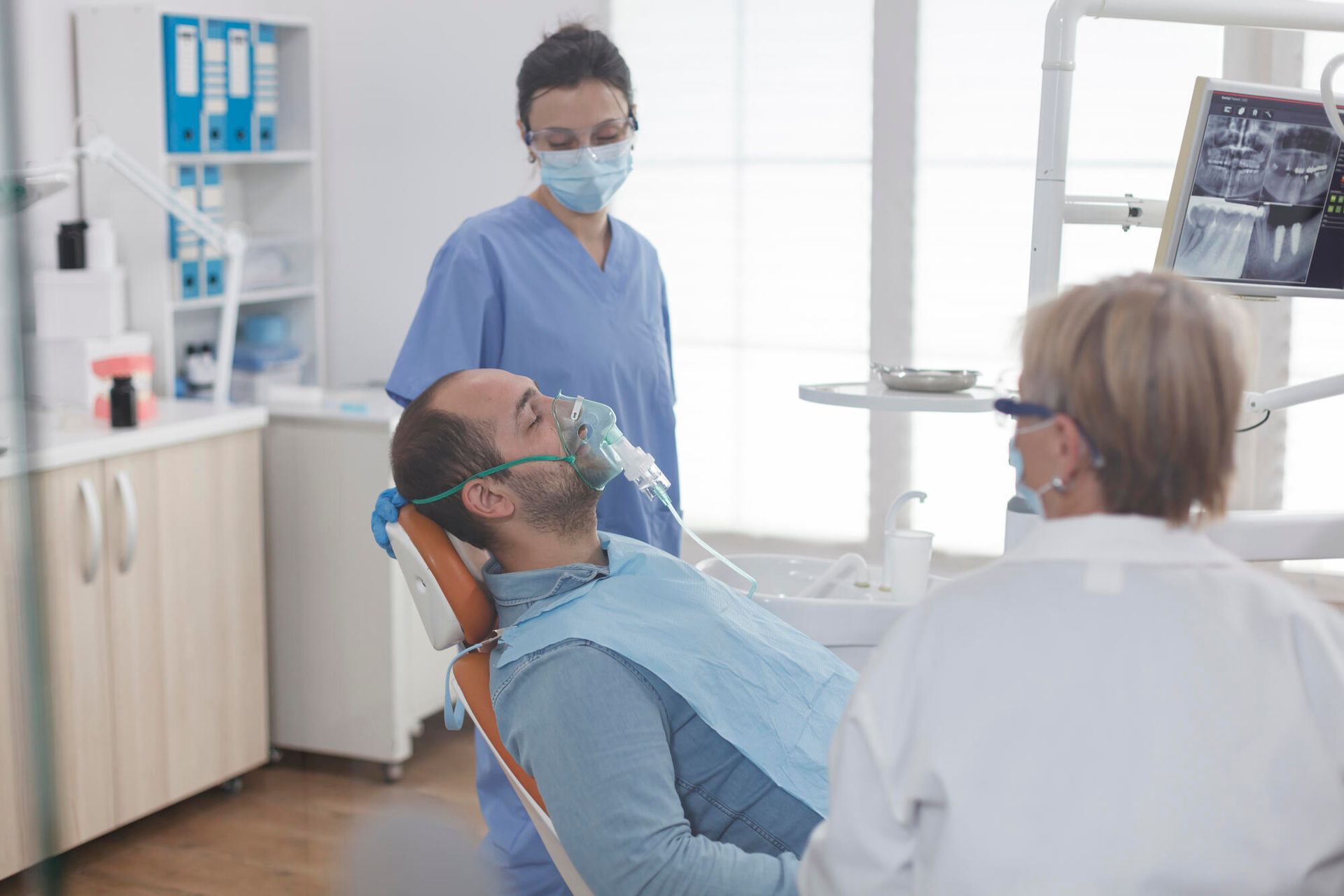Dental Anxiety: How Sedation Dentistry Can Help
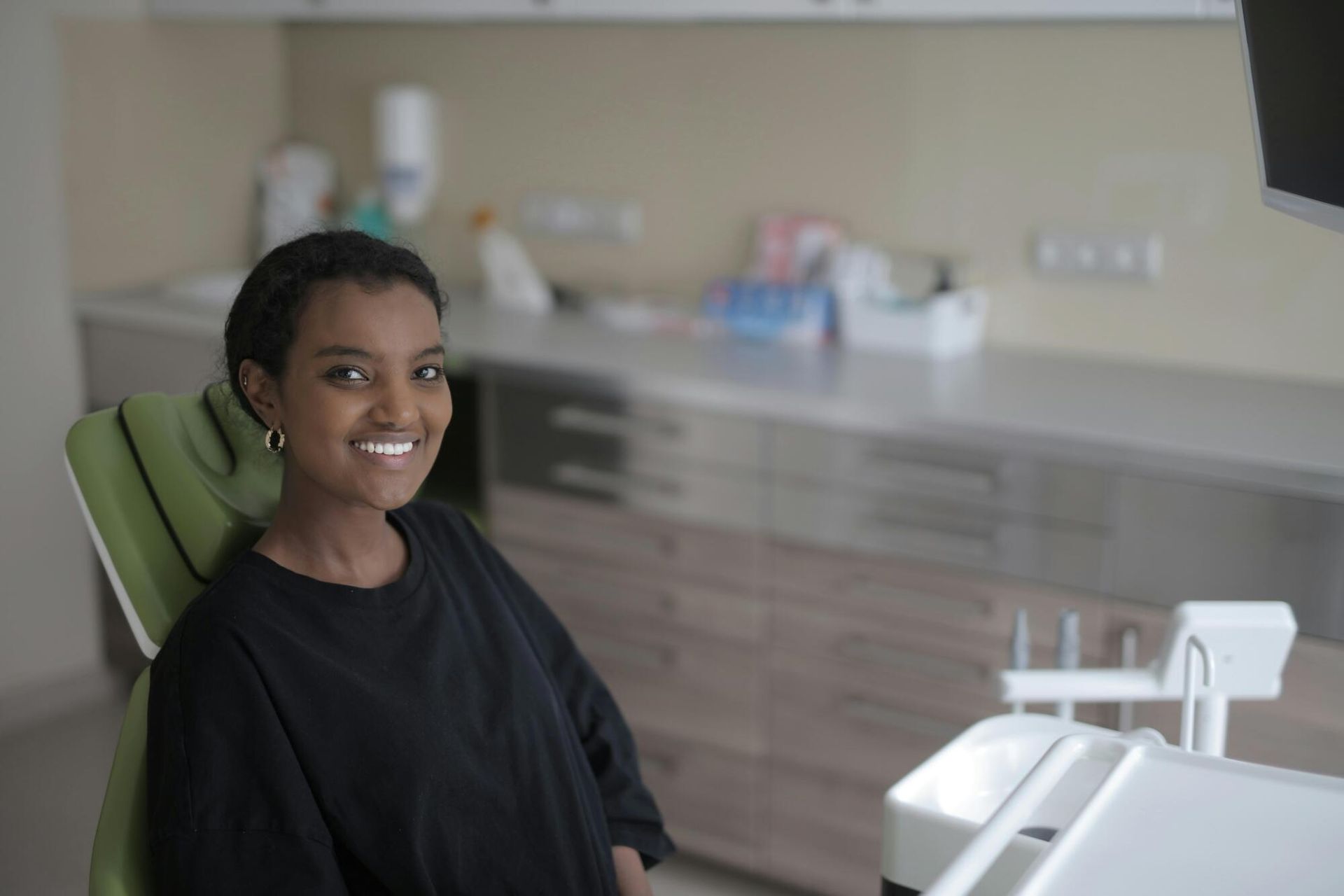
Dental procedures can be very anxiety-inducing for patients, especially if they haven't seen their dentist in a year or two. Some procedures require patients to keep their mouths open for upwards of an hour at a time. Any movement on their part could disrupt the process if they aren't careful.
If you're not sure how to relax in the dentist's chair, then it's worth talking to your doctor about your options. Sedation dentistry is one of the best ways to help with your upcoming dental procedures.
Keep in mind some at-home medications may interact negatively with what your dentist gives you.
How to Relax in the Dentist Chair
It's important to go into your dental visit prepared. Part of this means addressing any dental anxiety you may have and taking the time to reduce that stress.
First, you can accept your anxiety and utilize some relaxation techniques to reduce it. This may involve simple breathing exercises or distracting yourself.
Avoid stimulants like coffee or alcohol, especially since they may interact with any medications they give you.
If all else fails, there's always the option of sedation. With sedation, you don't have to worry about how you react to the procedure since you'll be unconscious for its duration.
What is Sedation Dentistry?
Sedation dentistry is one of the types of dentistry available when you make any kind of appointment. While it's not common for standard visits, it may be a necessity for any kind of prolonged procedure.
For example, wisdom tooth removal can be done with some local anesthetic given by injection. However, this may not be enough if you have an impacted tooth that requires surgery to remove.
In that case, you will be sedated for two reasons. First, it eliminates your pain during the procedure as well as any physical reactions. Second, a sedated patient is much easier to work on without worrying about causing unnecessary pain.
Sedation is usually provided through an IV placed in a patient's vein. However, it may also be given by mouth or using a face mask.
Reasons for Oral Sedation
There are many reasons why you may want to request sedation for your procedure at your family dentist's office.
To begin with, too much anxiety can cause your mouth and body to clench up during a procedure. This will only make your dentist's job more difficult as they work on your mouth.
If you have an overly sensitive gag reflex or extreme teeth sensitivity, then you'll also want to be unconscious throughout the procedure. The same goes for anyone who has difficulty controlling their movement, such as if they have Tourette's.
Finally, sedation dentistry will be necessary for anyone undergoing a more invasive surgical procedure. A dental bone graft requires cutting into your jaw or another area to take bone material.
Types of Sedation
There are three levels of sedation that you may need for your dental procedure.
Minimal sedation helps you relax but keeps you awake to follow directions. Moderate sedation may put you to sleep. Deep sedation will cause you to sleep and have no memory of the procedure.
On top of that, there are different types of sedatives you may be exposed to.
Nitrous Oxide
Nitrous oxide, also known as laughing gas, is one of the mildest options for sedation. Instead of putting you to sleep, it provides a calming effect within a matter of minutes.
The dentist controls the amount of sedation you receive and adjusts it throughout the procedure. When the procedure is finished, the gas is flushed out of your system with pure oxygen.
The effects of the laughing gas leave your body quickly, so you won't require a ride home when you're finished.
Oral Conscious Sedation
Oral sedation comes in the form of a pill taken about an hour before your procedure. This can make you groggy and even potentially put you to sleep. However, it takes time to both kick in and to wear off when you wake up.
In many cases, oral sedation is used in combination with one or more of the other sedation methods. You'll need someone to drive you home after your procedure.
Intravenous (IV) Sedation
IV sedation is the deepest kind available. It's what you see used for most surgical procedures, whether you're at the hospital or a dentists office.
With this type of sedation, the patient receives sedative medications through an IV line. This works quickly and also allows the dentist to adjust the dosage at any point. It's the best option if you have severe dental anxiety.
Procedure Details
Before receiving sedation, your dentist should let you know what to expect and how to prepare. For example, they'll need to know your health history and any medications you're on. They should also advise you not to eat or drink anything in the hours before your appointment.
You'll likely need to take some kind of oral sedative before they give you laughing gas or IV medication. If they do give you an IV sedative, you'll fall asleep within a matter of minutes.
Get a ride home after your appointment. You'll come out of the stupor slowly over the next hour or so. However, you won't be safe to drive home from the dentist.
Risks of Sedation
In most cases, you won't suffer any negative side effects after sedation other than short-term drowsiness and dizziness. However, you may also have dry mouth, nausea, and headaches.
There's also the risk of complications if you've never taken sedatives in the past and don't know how they'll affect you.
Don't Be Afraid of Sedation Dentistry
If you want to know how to relax in the dentist chair for your upcoming visit, then make sure to ask them if sedation is an option. While many people fear sedation in general, it's the best way to get through a difficult procedure. It's especially handy if you hate having a stranger's hands inside of your mouth for a long period of time.
Dental Arts provides excellence of care that prioritizes the health of our patients. Our evening and weekend office hours allow you to get the help you need in a timely manner. Contact our friendly Locust Grove staff today to set up your first appointment.
